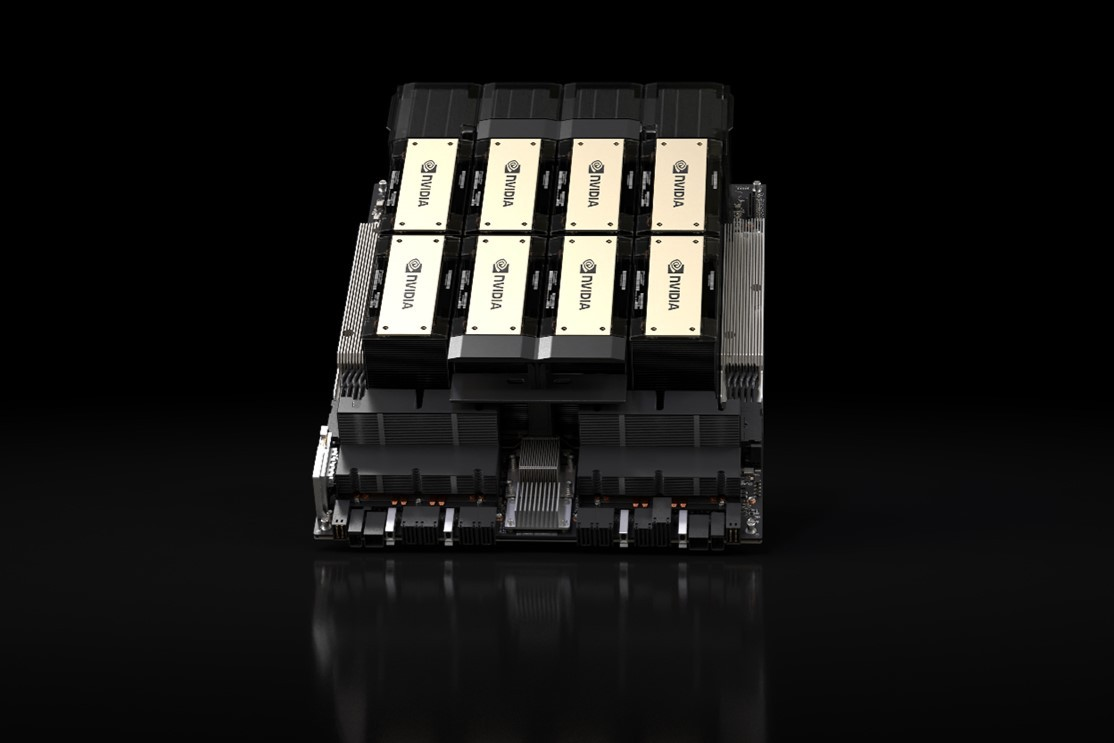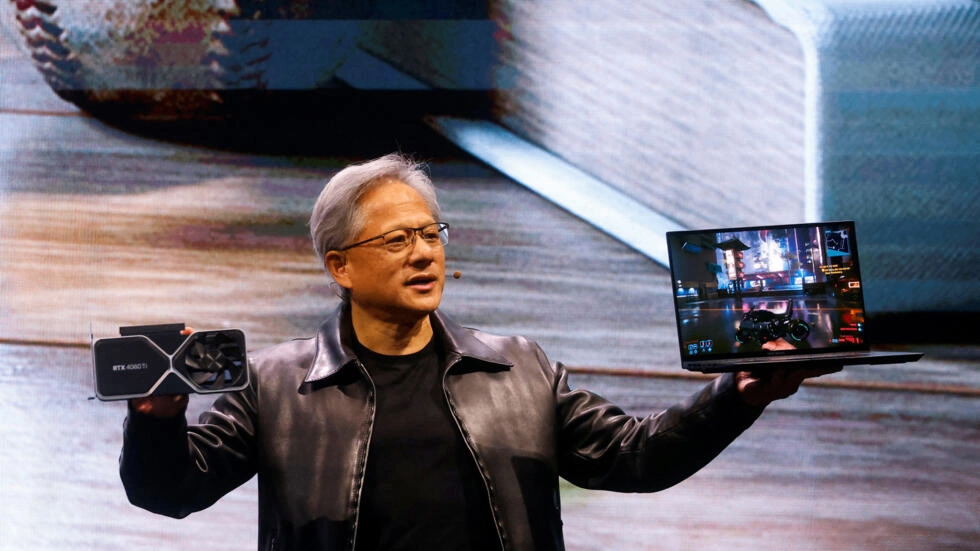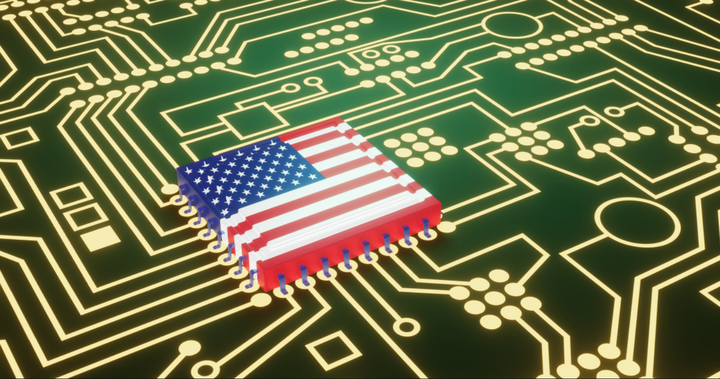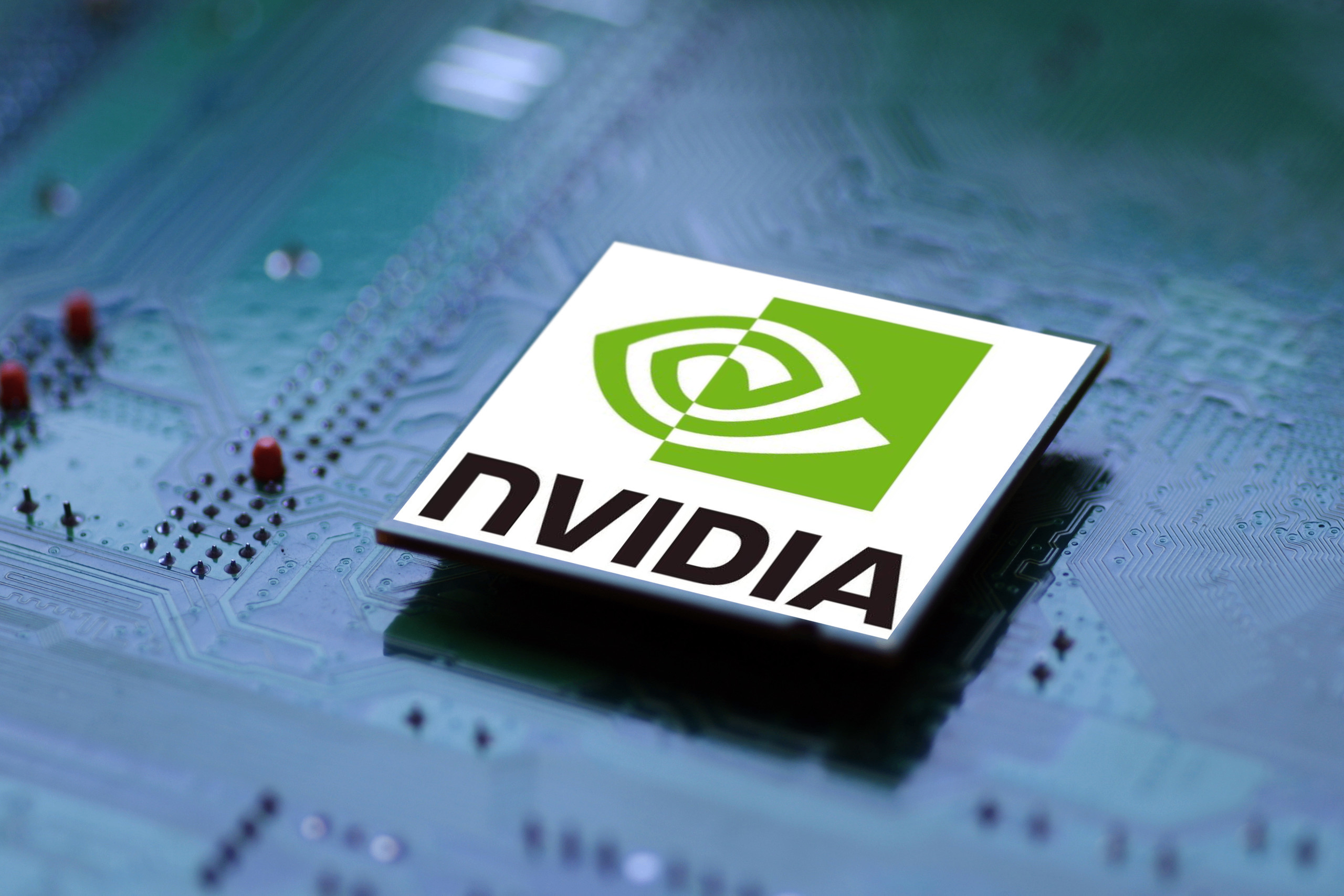laborious and thankless?Nvidia's "special supply" AI chip is cold in China
Nvidia's chips have been snubbed by Ali, Tencent and other companies due to performance "degradation," and Chinese cloud computing companies prefer local AI chip suppliers.。
After the implementation of new technology control regulations in the United States, Nvidia (NVIDIA) has not given up the Chinese market.。At present, the United States on China's chip sales attitude has eased slightly, Nvidia announced that it will resume China's H20 and other special version of compliance artificial intelligence (AI) chip shipments, and in the second quarter of this year into mass production.。
In the past, Nvidia has dominated the market with its high-performance graphics processors (GPUs) and chips.。And now, since November, large Chinese cloud computing companies such as Alibaba and Tencent have been testing samples of Nvidia's special chips, but are conservative about them and have hinted that chip orders this year will be far less than the high-performance chips they originally planned to buy.。

It is reported that the United States issued regulations in October 2023 to prohibit Nvidia from selling its H100, H800 series and other high-performance AI chips to China.。Since then, Nvidia CEO Huang Renxun still insists on developing compliant "special supply" chips for China.。It was revealed that the three chips are HGX H20, L20 PCle and L2 PCle, all based on H100 improvements to meet the new tightening regulations.。However, China's cloud computing big customers Ali, Tencent and other companies do not seem to have "bought" the proprietary product.。
Among them, H20 is a reduced version of H100 GPU, the computing power is 296 TFLOPs, using GH100 chip, the performance density is only 2.9。In contrast, the H100 computing power is 1979 TFLOP, and the performance density is as high as 19.4。
It is also reported that these chips were originally scheduled to be launched by the end of 2023, but due to the heating up of the chip ban and delayed until early 2024, until today only a slight slowdown.。In December 2023, U.S. Commerce Secretary Gina Raimondo said the government was in discussions with Nvidia about its modest sale of AI chips to China.。
"Given that most AI chips will be used in commercial practices, Nvidia has the ability and should sell AI chips to China."。However, we cannot allow Nvidia to export the most complex and processing-capable AI chips, "Raimondo said.。

People familiar with the matter said that the attractiveness of domestic chips is rising sharply as the performance advantage of Nvidia's downgraded versions of chips (up to or down to 80%) is shrinking compared to China's local chips.。Currently, Ali and Tencent are shifting some advanced semiconductor orders to local companies such as Huawei and relying more on chips developed in-house, as are the other two buyers, Baidu and ByteDance.。
Moreover, in the long run, Chinese buyers are uncertain whether Nvidia will be able to continue to supply, as U.S. regulators have made a clear commitment to regularly review chip export controls and are likely to tighten performance restrictions further.。In response to this situation, Chinese technology companies are revising their business strategies to avoid "hard-to-find chips" and avoid the possibility of technological adjustments.。
Nvidia, for its part, has become increasingly difficult to reconcile between U.S. regulators and Chinese customers。China is one of Nvidia's largest markets, accounting for about a fifth of its revenue, but Nvidia's chips are currently in short supply and there are even billions of dollars of early orders outstanding.。
On the other hand, the risk of tightening the US chip restriction order is becoming more and more obvious, and in order to reduce the dependence on imported chips, the Chinese government has increased its support for local semiconductor companies, encouraging them to speed up the pace of independent research and development, improve the level of technology, and AI as a development focus to promote the development of the domestic chip industry.。

Frank Kung, an analyst at technology research firm, noted that about 80% of high-end AI chips currently made by Chinese cloud computing companies come from NVIDIA, and this percentage may drop to 50% -60% in the next five years。For Nvidia, restrictions on chips in China will not necessarily be a loss in the short term, as these chips are also ordered by other sellers.。But Nvidia Chief Financial Officer Colette Kress said: "In the long run, banning the sale of AI chips in China will prevent the US industry from competing and leading in one of the world's largest markets.。"
In response, Huang has repeatedly stated that he still hopes to supply high-end processors to China and is seeking to cooperate with Chinese customers to obtain export licenses.。After the restrictions were first implemented in October 2022, Nvidia modified the chips it sold in China to reduce performance and make them below the threshold set by the US government。In 2023, the company sold more than $1 billion worth of such chips to China.。
It is reported that Alibaba's chip division T-Head is also developing a new AI processor for specific purposes - "Han Guang"。An Alibaba Cloud executive said: "The restrictions may only get tighter in the next few years, and it's best to start thinking about alternatives now.。"

·Original
Disclaimer: The views in this article are from the original Creator and do not represent the views or position of Hawk Insight. The content of the article is for reference, communication and learning only, and does not constitute investment advice. If it involves copyright issues, please contact us for deletion.